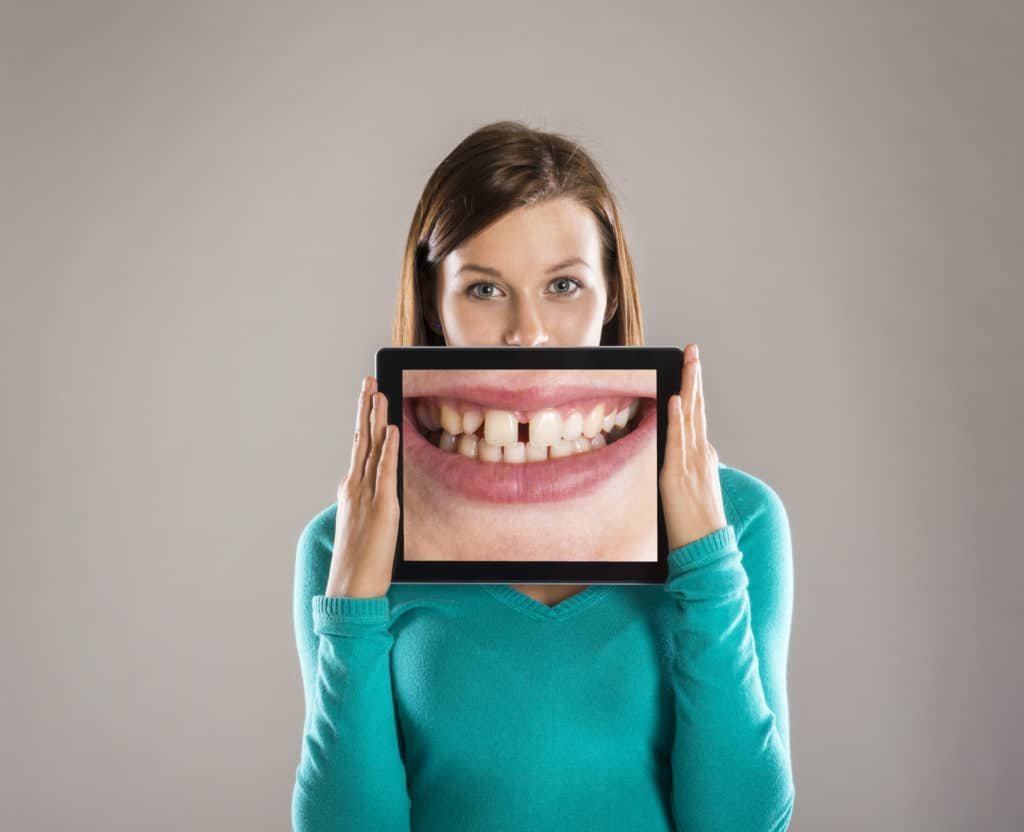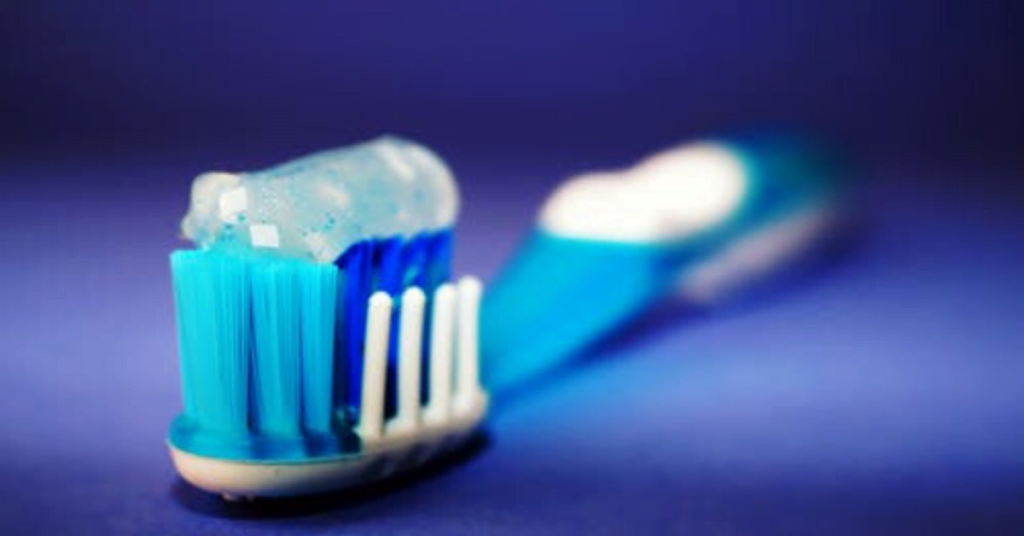A dental bone graft is a critical procedure that adds volume and density to the jaw, particularly in areas where bone loss has occurred. The bone graft material can be sourced from various places, including the patient’s body (autogenous), a human tissue bank (allograft), an animal tissue bank (xenograft), or it might even be synthetic (alloplast). While this procedure is invaluable in various dental scenarios, it is essential to understand how to care for your mouth post-surgery to ensure a smooth and successful recovery.
Who Needs a Bone Graft?
Bone grafts are recommended for individuals who have experienced jawbone loss. Some common situations in which a dental bone graft might be necessary include:
1. Tooth Extraction: If you’re having a tooth extracted, a bone graft may be needed to preserve the bone and prepare it for future dental procedures.
2. Dental Implants: Planning to replace a missing tooth with a dental implant often requires a bone graft to ensure a secure foundation for the implant.
3. Denture Placement: Individuals seeking dentures may require a bone graft to rebuild their jawbone, ensuring a stable and comfortable fit for the dentures.
4. Gum (Periodontal) Disease: Bone loss due to gum disease can also necessitate a bone graft to restore the lost bone structure.
Side Effects of a Dental Bone Graft
While dental bone grafts are generally safe, it’s essential to be aware of potential side effects. The most common side effects include pain and swelling. However, these can be managed with the following steps:
- Pain Relief: Over-the-counter pain relievers and ice packs can help minimize pain and swelling. In some cases, prescription-strength medications may be necessary.
- Bleeding: Minor bleeding is normal. Apply a tea bag or damp gauze pad to the area and bite down for 20-30 minutes.
- Chewing and Speaking Difficulty: These challenges are expected initially but should improve over time.
Although rare, there are more serious potential side effects, such as blood clots, nerve damage, anesthesia complications, and graft rejection. It’s vital to follow your dentist’s instructions and take prescribed antibiotics to prevent infection.
Advantages of Dental Bone Grafts
Dental bone grafts offer several advantages, including:
Improved Eligibility for Dental Implants: A successful bone graft can make you a suitable candidate for dental implants, providing a stable foundation.
Jaw Restoration: This procedure restores the jaw to its original form following trauma, tooth loss, or gum disease, enhancing both appearance and function.
Post-Procedure Care
Proper aftercare is crucial to ensuring the success of your dental bone graft. Here are some essential steps to follow:
1. Pain Medication: Take pain medication promptly after the procedure and continue using it at regular intervals for the first few days. If antibiotics are prescribed, take the full course to prevent infection.
2. Control Bleeding and Swelling: Apply an ice pack at 20-minute intervals during the first 24-48 hours to reduce swelling. For bleeding, use a tea bag or gauze pad and apply firm pressure.
3. Oral Hygiene: Be diligent about oral hygiene, but avoid brushing or flossing the surgical area. Rinse the area with a recommended mouthwash or warm salt water three times a day, avoiding vigorous gargling.
4. Diet Restrictions: Stick to soft foods like jello, yogurt, pudding, mashed potatoes, and lukewarm soup for the first three or four days. Avoid straws and acidic or spicy foods. Return to a regular diet when you can tolerate solid foods.
5. Refrain from Smoking: Smoking can hinder the healing process and increase bleeding. Avoid smoking for at least 21 days after the surgery, or longer if possible.
6. Restrict Physical Activity: Minimize physical activity for the first few days post-surgery, as excessive movement can lead to increased bleeding.
7. Contact Your Oral Surgeon: If you experience marked fever, uncontrollable pain, persistent bleeding, allergic reactions to medications, or warm swelling days after the surgery, contact your oral surgeon promptly.
Proper aftercare is essential for a successful dental bone graft procedure. By following these guidelines, you can promote healing and reduce the risk of complications, ensuring a healthier, happier smile in the long run. If you have any concerns during your recovery, do not hesitate to contact your oral surgeon for guidance and support.



